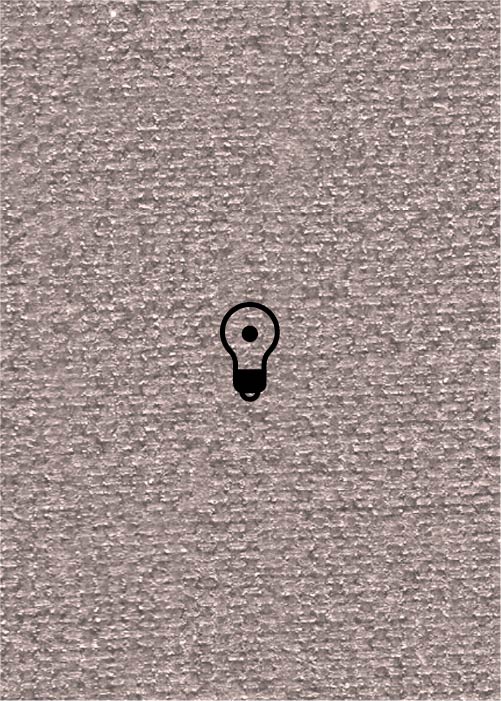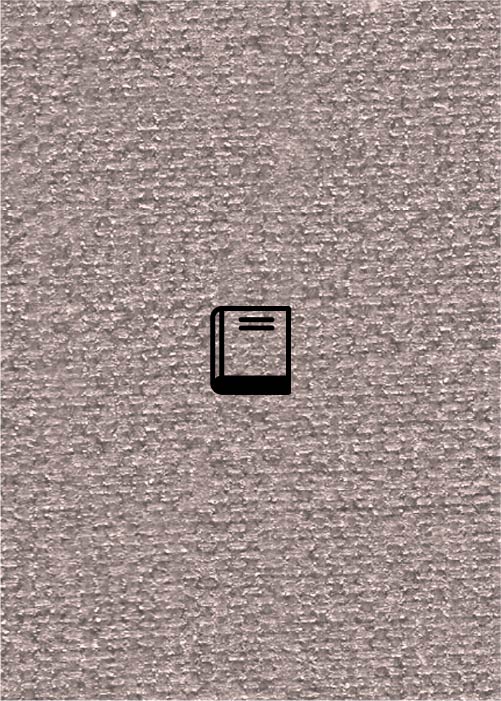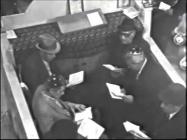(313 results found)

Maqam
… Arabic term often translated as ‘mode’, ‘scale’, or …

Diwan
… In Arab culture, a Diwan is an anthology of poems by one or …
Baqqashah (Pl. Baqqashot)
… of Judeo-Spanish songs) and of the peoples of the region: Arabic, Turkish, Greek and Persian tunes. In Najara’s book, … in the headings of the piyyutim. The use of Turkish or Arabic maqamat and melodies of the surrounding musical … known as the Jerusalem-Sephardi style, is based mainly on Arabic maqamat rather than on the Turkish maqamat employed …

Hebrew Writings Concerning Music in Manuscripts and Printed Books from Geonic Times up to 1800
… of texts in Hebrew characters (Aramaic, Hebrew and Judeo-Arabic) on the theory, technique, philosophy, and ethics of …

The Performance of the Judeo-Spanish Repertoire
… 3 … 3 … Musical Performance (The Performance of Jewish and Arabic Music in Israel) … Musical Performance (The Performance of Jewish and Arabic Music in Israel) … 38550 … Sep-26 … Amsterdam … …

Hebraeisch-orientalischer Melodienschatz, 01[E]: Gesaenge der jemenischen Juden [Songs of the Yemenite Jews]
… … Nashid … Paraliturgy … Score … Shirot … Songs … Zafat … Arabic … Jerusalem … Yemenite … Abraham Zvi Idelsohn … …

Hebraeisch-orientalischer Melodienschatz, 01[G]: Gesaenge der jemenischen Juden
… … Nashid … Paraliturgy … Score … Shirot … Songs … Zafat … Arabic … Jerusalem … Yemenite … Abraham Zvi Idelsohn … …

Hebraeisch-orientalischer Melodienschatz, 02[E]: Gesaenge der babylonischen Juden [Songs of the Babylonian Jews]
… of Hebrew), and their music (modes, motives and Arabic influence, as well as comparison of Biblical …

Hebraeisch-orientalischer Melodienschatz, 02[G]: Gesaenge der babylonischen Juden
… of Hebrew), and their music (modes, motives and Arabic influence, as well as comparison of Biblical …

Hebraeisch-orientalischer Melodienschatz, 04[G]: Gesaenge der orientalischen Sefardim
… Damascus … Safed … Score … Sephardim … Sephardi … Spanish … Arabic … Jerusalem … Eastern Sephardi … Abraham Zvi Idelsohn …



